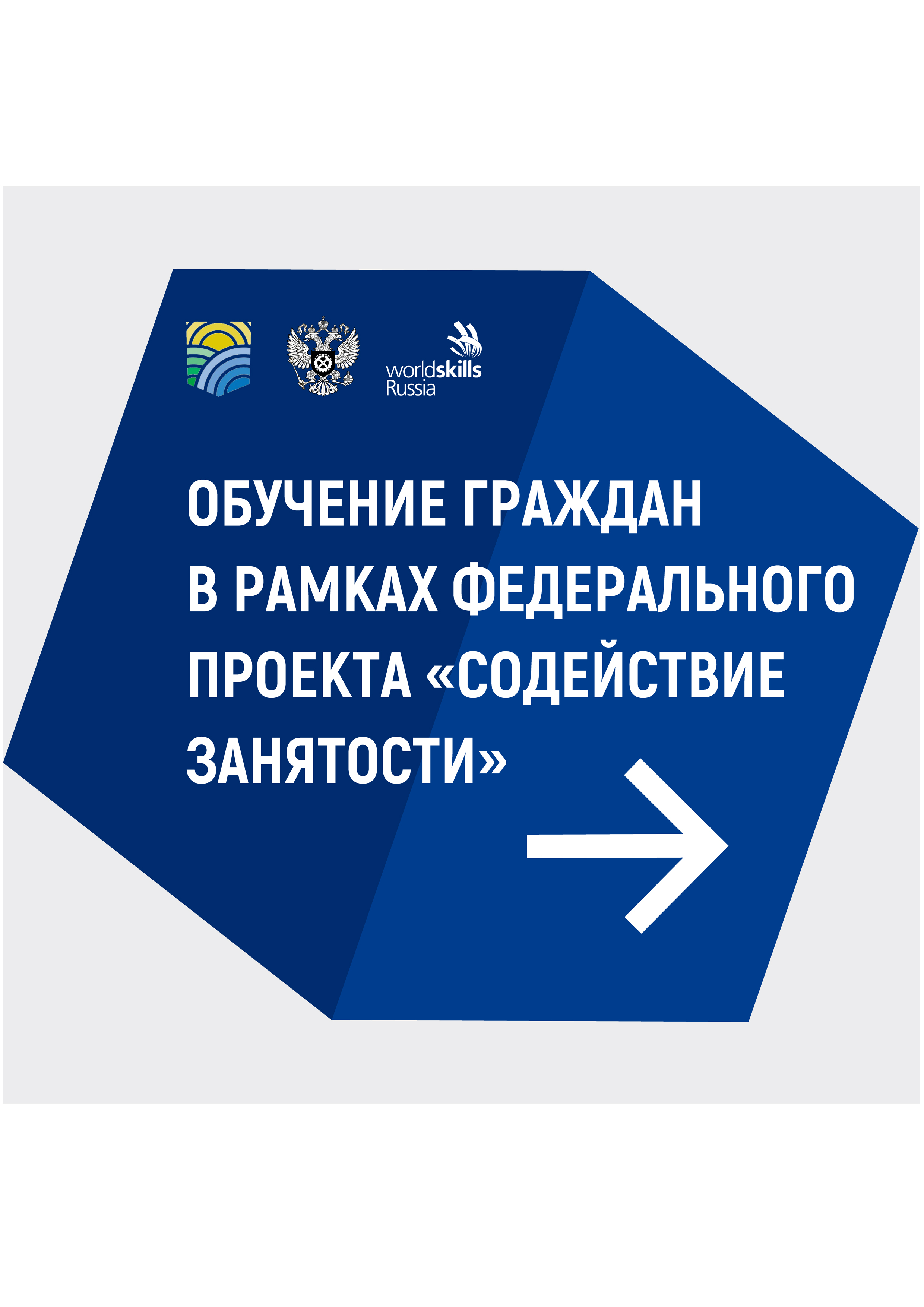How to File a Personal Injury Case
You are entitled to claim personal injury compensation if you are injured by negligence. In order to win, you need to demonstrate that the other party owed you the duty of care, and violated that obligation.
The process of proving negligence can be difficult. However you can make it easier for yourself by getting legal help early on in your case.
Statute of Limitations
If you’ve been injured or suffered an injury, you may be able to pursue a personal injury lawsuit. This is the norm when you’ve been injured due to the negligence of someone else or their intentional actions.
The statutes of limitations, which are the rules that each state decides to govern when a person may bring a lawsuit for injury and damages, are the rules. They are designed to ensure that plaintiffs are treated fairly, and that defendants don’t have enough time to lose evidence or present defenses.
The memory of a person can fade over time and physical evidence may be lost. This is why US law requires that personal injury cases be filed within a certain period of time, usually two or four years.
There are exceptions to the statute of limitations that could allow you to bring a lawsuit. The statute of limitations may be extended for up to two years if the person responsible for your injuries has fled the country for several years before you file a claim against them.
If you’re not sure the date your statute of limitations will begin and end, consult with a New York personal injury lawyer. They can help you determine whether your case is allowed to be extended and how long the extension will last.
Preparation
If you are filing a personal injury case it is crucial to prepare properly. It will help you navigate the litigation process, and help you feel confident that your case is heading in the right direction.
The first step in preparing a personal injury case is to gather as much evidence as you can. This includes medical records, witness statements and other documentation that may be relevant to the accident.
Another important step is to communicate all information with your lawyer. To build a strong case for you, your lawyer will need to know all details regarding the accident as well as your injuries.
Once your legal team has all the necessary documents and documentation, they’ll be ready to begin preparing the possibility of a lawsuit. They will prepare an Bill of Particulars, which will outline your injuries as well as the total cost of medical expenses and lost earnings.
Your lawyer can also clarify the timeline and what documents, information and authorizations will be required to be exchanged between the defendant’s and your lawyers. This will give you an understanding of the process and help you to make informed choices that are in your best interests.
The next step is to make a summons and complaint in the court. It should state that you intend to file the lawsuit against the party responsible for your injuries. You will be seeking compensation for the emotional, financial, and physical damages that you suffered in the course of the accident.
Filing
A personal injury case can help you receive compensation for your injuries. It also assists you in gather evidence formally to ensure that it is preserved for use later in court.
The process of filing begins by preparing your complaint, which determines the legal foundation for the lawsuit. It also includes the numbered allegations that are based on negligence or another legal theory. You must state what you’re seeking from the defendant, like monetary damages for your injuries or loss of income.
Once you file your complaint it is served to the defendant. The defendant must «answer» the complaint, in which they either deny or admit each of your claims.
It is important to know the laws and regulations of your area before you file a lawsuit. It can be difficult but there are a lot of helpful resources and suggestions to help you through the process.
Most cases can be settled outside of the courtroom by settling. This can save you from the stress of trial and prevent you from having to pay large sums of money in attorney’s fees and damages.
It is a good idea to speak with an experienced personal injury lawyer as soon after an accident. This will make you feel more confident and secure about the process.
Trial
A trial is a legal procedure where the opposing parties provide evidence and make arguments about the application of the law to a dispute. It is similar to a trial, where the prosecutor makes evidence or arguments regarding the alleged crime. However, instead of the judge there is the jury.
In the case of personal injury lawsuits injury the trial process entails both sides presenting their respective cases before a jury or judge, which determines whether the defendant is responsible for your injuries and damages. The defendant has the right to present evidence to discredit the plaintiff’s claim.
When a jury is chosen the attorney for the plaintiff gives opening statements to introduce their case. In order to enhance their argument, they may present experts’ testimony and witnesses.
The lawyer of the defendant puts on their defense by insisting that their client is not responsible for the plaintiff’s injuries. They will rely on testimony from witnesses as well as physical evidence and other evidence to support their argument.
A jury will decide if the defendant is accountable or not for your injuries. They will also decide how much amount they must pay you to cover your damages and injuries. The results of a trial may differ widely based on the nature of the case and the type of person involved in the case.
A trial can be expensive and time-consuming. It could be worth paying more for a lawyer with the skills and experience to handle a trial. In addition, a jury could award you more than what you were originally offered for the pain and suffering you endured.
Settlement
An insurer or defendant could offer to pay you money for your injuries and damages. This is called an injury settlement. This is a better option than an appeal, which can be expensive and consume much time.
Most personal injury cases settle before going to trial. Insurance companies are risk-averse, and they want to control their risks by avoiding legal costs that could result from the event of a lawsuit.
Your lawyer will work with experts to evaluate your damages and determine the amount you’re entitled to. This includes speaking to experts in the field of healthcare and economists who can estimate the cost of future medical treatment as well as property damage.
Another aspect that needs to be taken into consideration during the settlement process is the fault of the other party. The amount of your settlement can be increased if the other party is proven to be responsible for the accident.
While the settlement process is lengthy and unpredictable, it is essential to get the damages to which you are entitled to. Your lawyer will make use of their years of experience to ensure that the settlement you receive is enough to cover all of your losses.
The majority of Personal Injury Law Firms injury lawyers operate on a contingency fee basis which means that you don’t pay them anything until they are paid. This will be specified in your contract when you engage them. The final settlement amount will also include your attorney’s fees.
Appeal
You may appeal the verdict of the jury in your personal injuries case if you think it was incorrect. An appellate court, which sits above the trial court, takes appeals. The judges of the higher court will review the evidence and try to determine if the jury committed mistakes or misused its authority.
A skilled personal injury lawyer will help you decide if you want to appeal your case. Typically, you’ll need to have a strong reason to appeal.
A personal injury appeal begins with a brief written out stating why you believe the verdict of the trial court was wrong. You should also include any supporting documents in your brief.
Your lawyer may also have to arrange an oral argument in the event that your appeal is complicated. Arguments must be built around specific issues and references to relevant cases.
Based on the circumstances of your case, it may take months or even years for a judge to decide on an appeal. Your attorney can explain the procedure to you and give you an idea of the amount of time is needed to complete your case.
A seasoned New York personal injury lawyer can help you decide if you want to appeal. They will keep you informed throughout the process and will be prepared to appear in court if needed.























